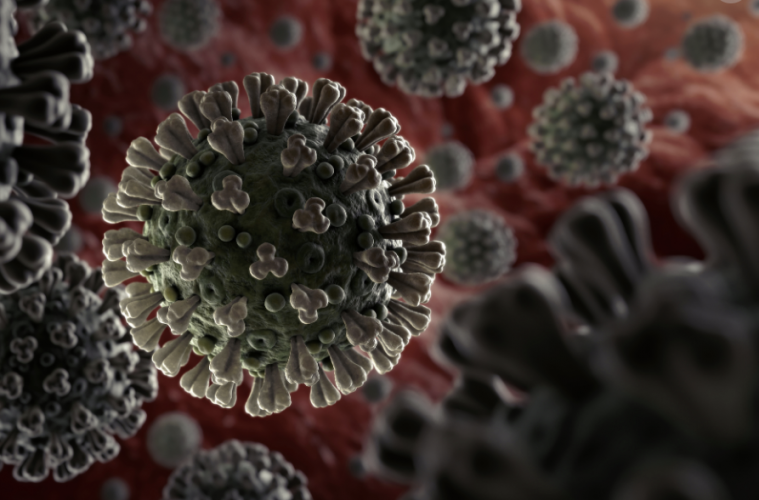Because of the recent panic caused by the coronavirus, we might be under the impression that it doesn’t take much to kill our highly advanced bodies. Despite the wonders of modern medicine, a mere virus can still kill thousands of people. It is estimated that a 2009 flu pandemic killed from 150,000 to 500,000 people. It doesn’t mean, though, that we are all doomed. Sometimes the pursuits of knowledge bring us some very interesting results:
- Albert Hofmann, a figure known for his discovery of lysergic acid diethylamide, tried to create an analeptic. By chance, part of the newly synthesized substance got absorbed by his skin, which led to a first LSD trip in history. His discovery had an enormous influence on the hippie movement in the 1960s and 1970s.
- Though nowadays, marijuana is legal in some form in most of the states, certain companies use drug tests to check whether the employees are not using any illegal psychoactive substances. What can science do in this regard? Well, scientists have invented fake pee. It might be a life-saving invention for people who thought that in 2020 drug tests are a thing belonging to the past.
- The first organ transplant was performed in 1954. Sure, the success rate of those early operations was lower, but with time, the doctors became more skilled at performing this act. Now, it is often the case that the donors are no longer needed for a variety of operations. Instead, the organs can be created in 3D printers.

Although you might be amazed by some of the scientific discoveries, in the near future the speed of technological progress will become even more astounding. If you want to learn more about organ transplants, check out this infographic, provided by Quick Fix Synthetic.

